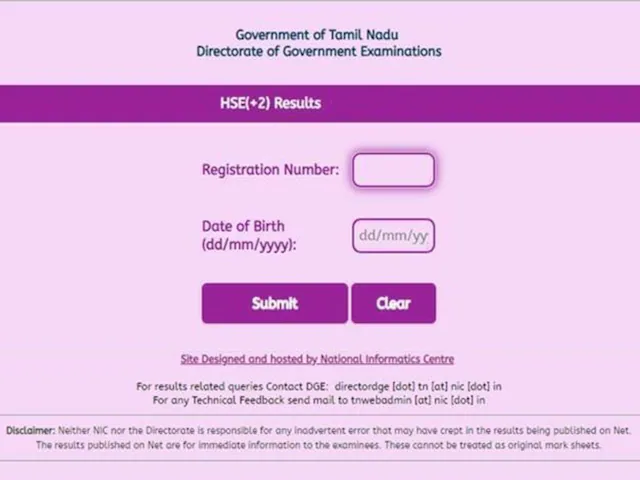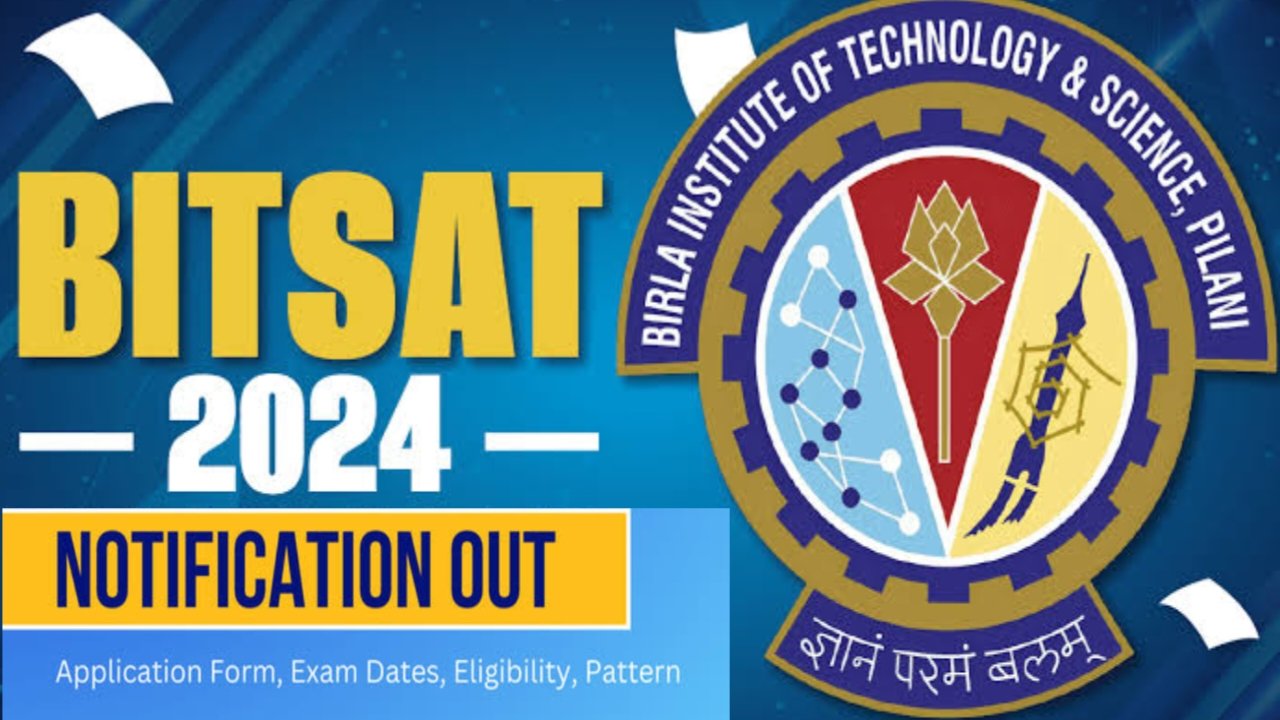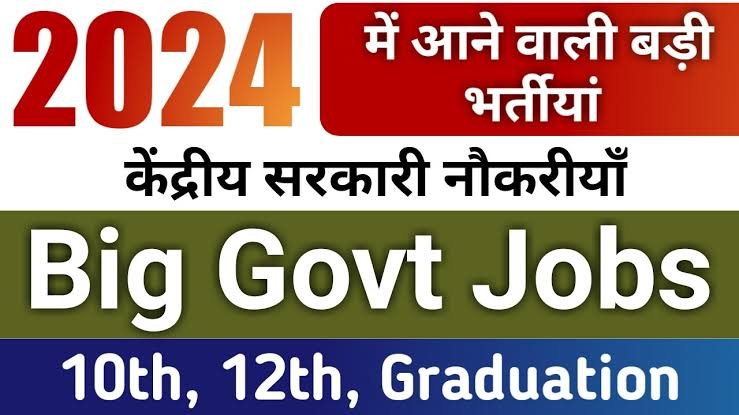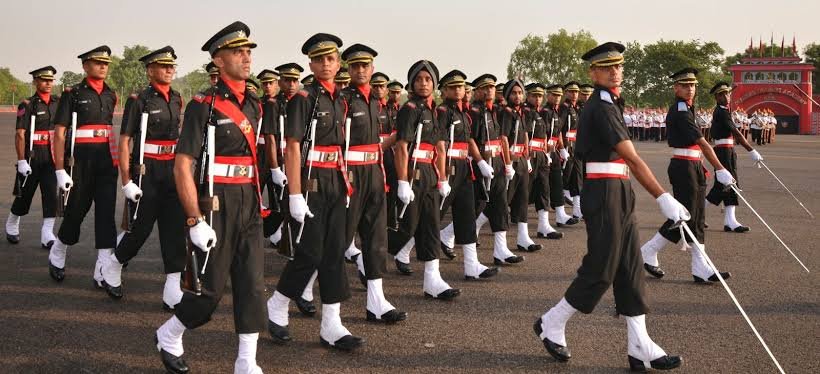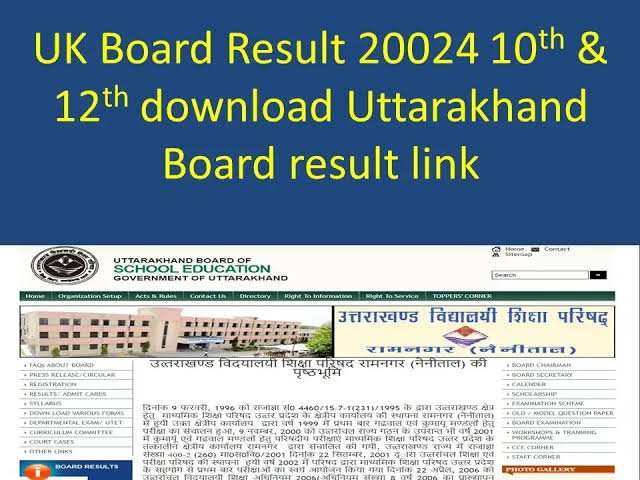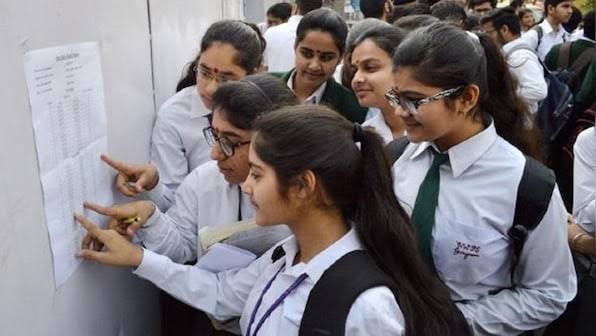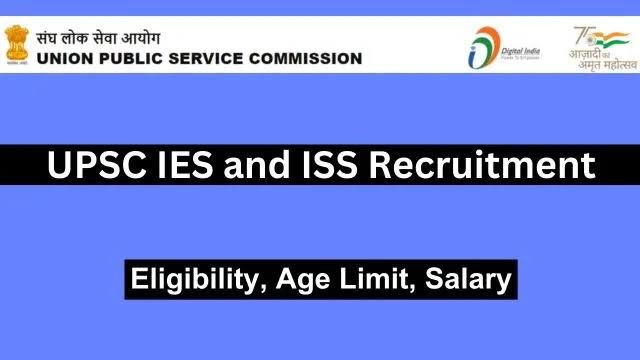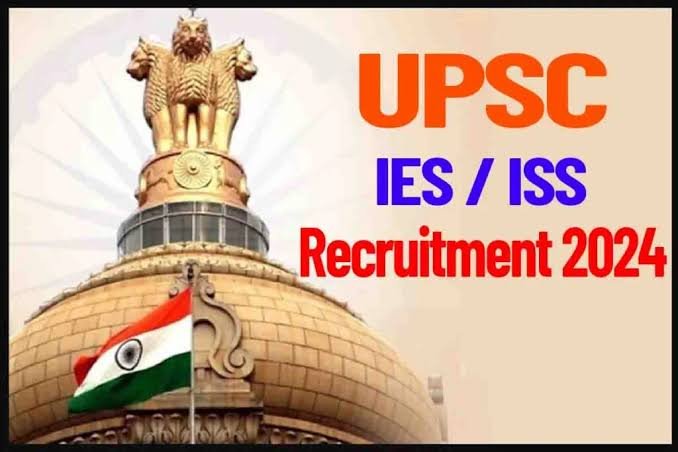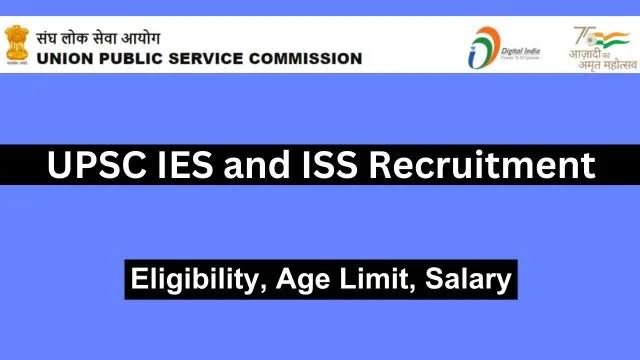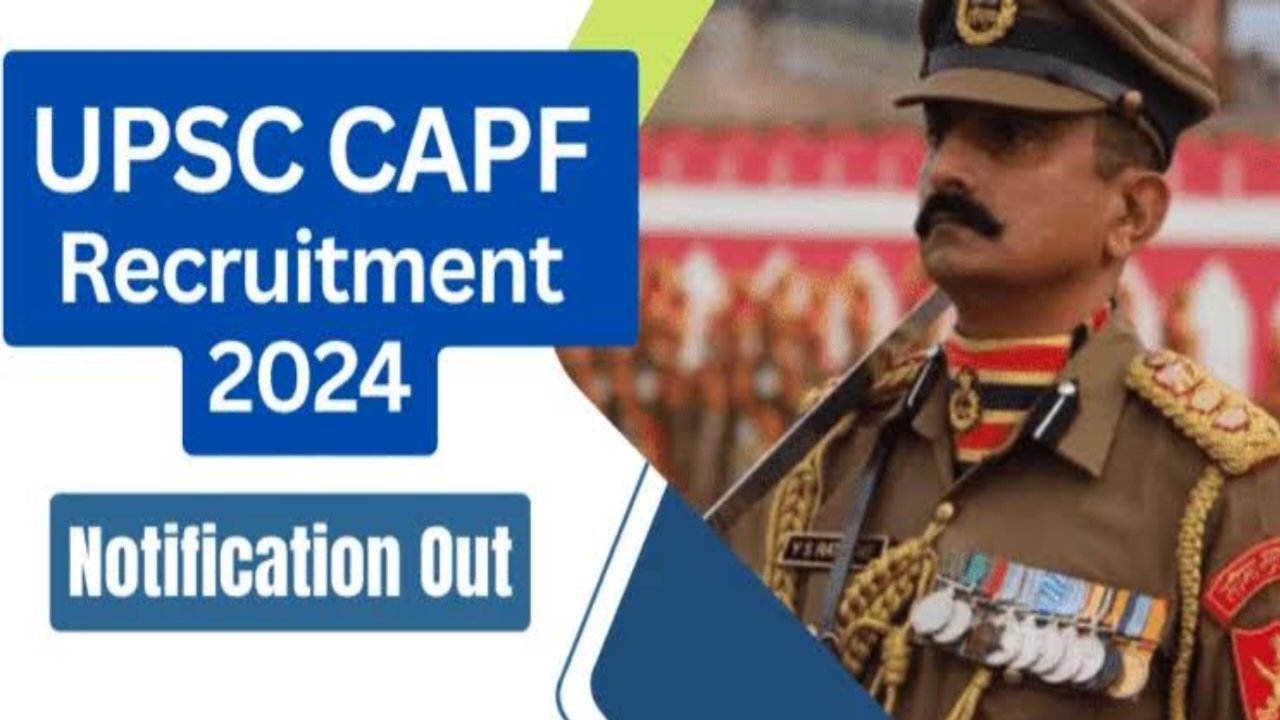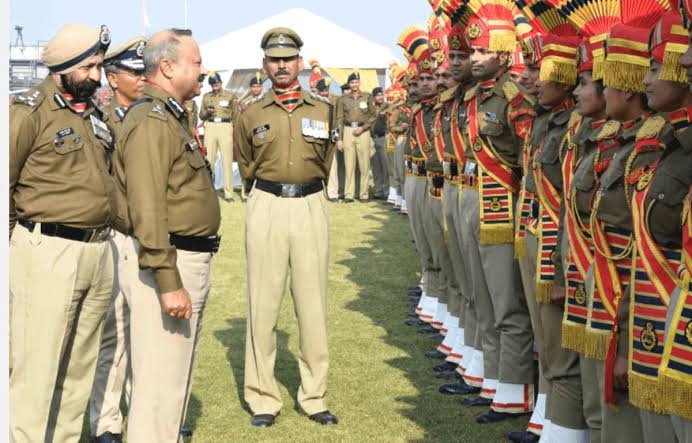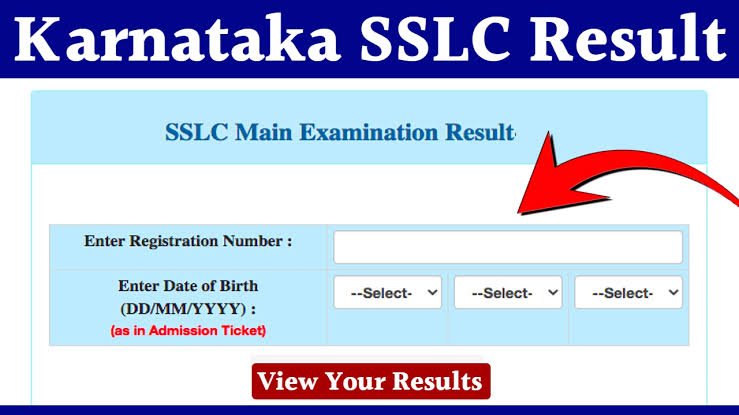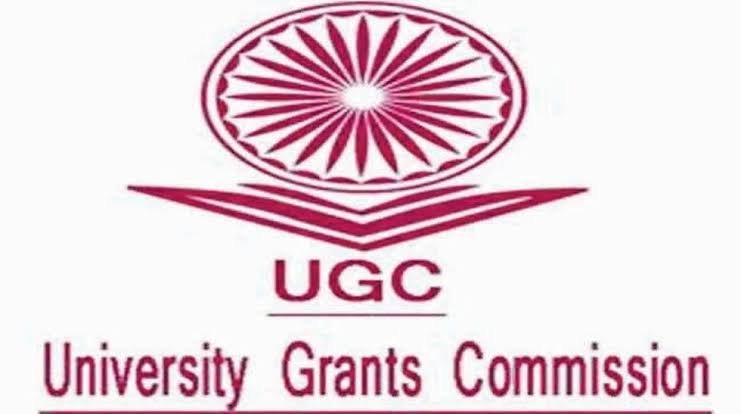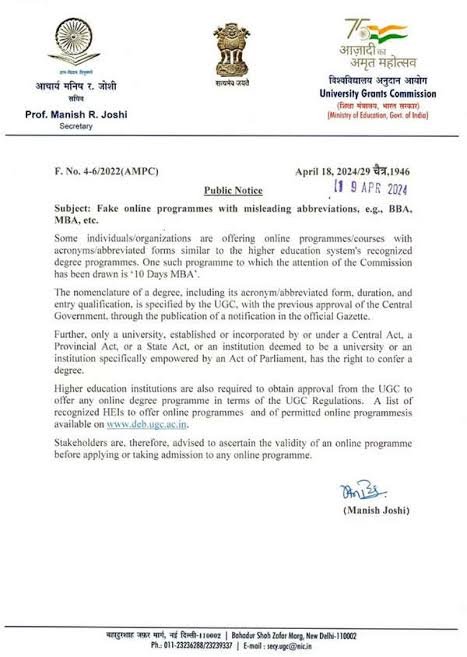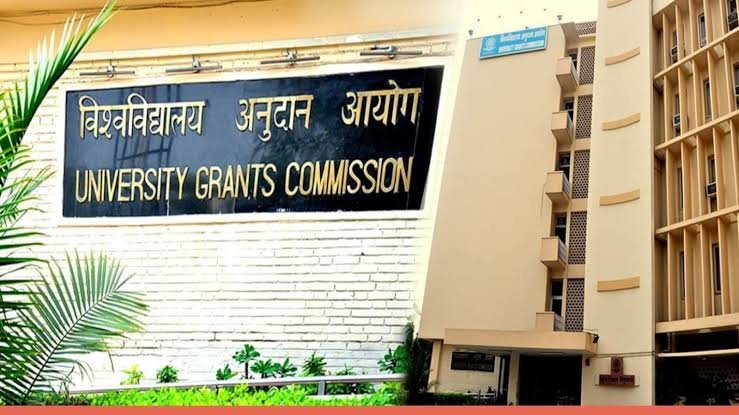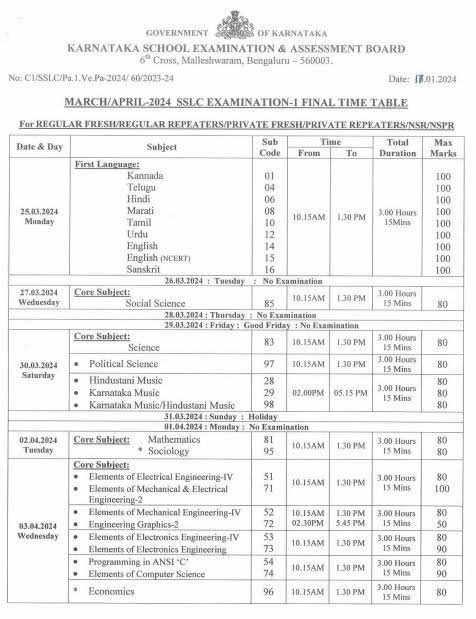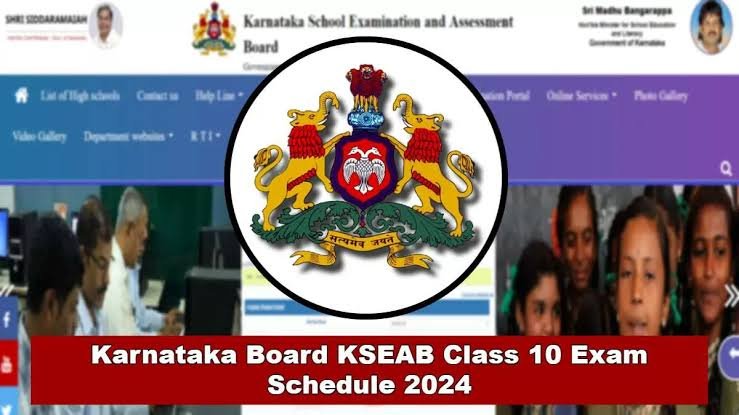The Tamilnadu 10th Results 2024 has been announced. You can see the results on the official website. Here’s how to check your results:
- Visit the official results page at tnresults.nic.in or dge.tn.gov.in. Click the ‘TN 10th Result 2024’ link.
- Enter your TN Board Class 10th Roll Number. Your results will be displayed on the screen.
- Please review and download the preliminary marksheet for future reference.
The overall pass rate this year is 91.55%. If you are having problems accessing the website due to high traffic, you can check your results by SMS or the DigiLocker service.
Table of Contents
Tamil Nadu 10th class Exam Overview
The Directorate of Government Examinations (DGE), Tamil Nadu conducts the Tamil Nadu 10th class exams, popularly known as the Secondary School Leaving Certificate (SSLC) examinations, on a yearly basis. Here is a summary of the 2024 exams:
- frequency: annually
- Exam Level: Matriculate
- Conducting Body: Government of Tamil Nadu. Directorate for Government
- Examinations Medium of Instruction/Question Paper: English and Tamil
- Exam is conducted offline.
- Duration: 2.5 hours plus 15 minutes verification time.
- Exam date: March 26 to April 8, 2024.
- Number of students: Approximately 9-10 lakh
- Exam Centers: More than 4107
- Passing Criteria: At least 35% in each subject.
The tests are designed to assess students’ knowledge, skills, and attitudes across many areas. The TN board devises the syllabus and exam format are devised by the TN board, and students are advised to refer to these while preparing for their exams.
The application process was an important element of the 2024 test protocol, and students had to complete their registration in order to take the exams. The details from the application form were printed on the admission cards.
The TN SSLC exams for 2024 were held from March 26 to April 8, 2024, with the results announced on May 10, 2024. The exams covered key subjects like as Tamil, Maths, English, Science, and Social Science, with each paper worth 100 marks and no negative grading.
Students can obtain more extensive information by visiting the Tamil Nadu Board’s official website.Best of luck for your Tamilnadu 10th results.
How to Check Tamilnadu 10th Results in step wise step
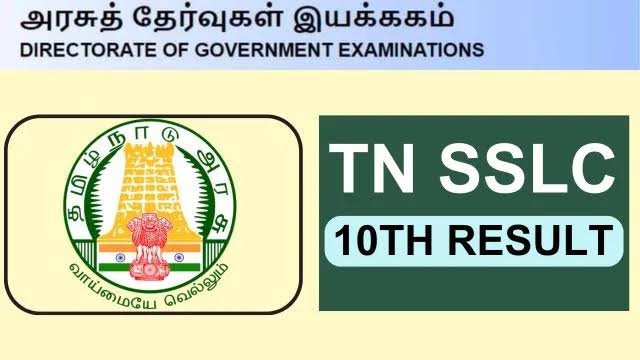
Certainly! Here’s a step-by-step procedure for checking the Tamilnadu 10th results:
- Go to the official website. Open your web browser and navigate to the official Tamil Nadu results website. You may use either [tnresults.nic.in] or [dge.tn.gov.in].
- Find the results link: On the homepage, look for the link that says ‘TN 10th Result 2024’ or something similar that indicates the current year’s results.
- Enter Your Information: Clicking on the results link will take you to a website where you must enter your roll number and other information from your admit card.
- View Your Tamilnadu 10th Results: After entering your information, click the ‘Submit’ or ‘View Result’ option. Your results will be displayed on the screen.
- Download and print: Carefully review all of the results. You can then download and print the results for future reference.
Remember that the website may be delayed or inaccessible due to high traffic immediately after the results are announced. If this is the case, you can either wait a little before attempting again or look into alternative ways offered by the board, such as SMS services or the DigiLocker app.
for more latest information follow our official website.

